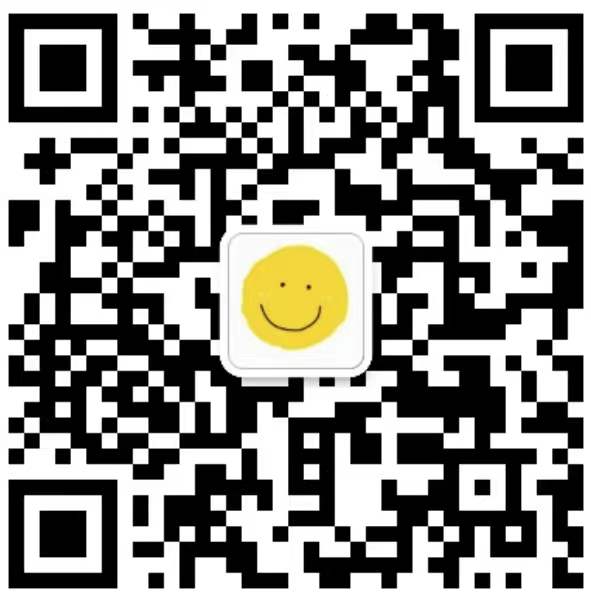News
Uniaxial Compression Testing Machines: Operation, Applications, and Standards
Uniaxial Compression Testing Machines: A Brief Guide
A uniaxial compression testing machine is a critical tool used in material testing to measure how materials respond under compressive forces. This type of test evaluates a material's strength, elasticity, and failure characteristics by applying pressure along a single axis. The data gathered helps engineers determine whether a material is suitable for applications where it will experience compressive loads, such as in construction or manufacturing.
What is a Uniaxial Compression Testing Machine?
A uniaxial compression testing machine applies compressive forces to a specimen along one axis to evaluate its mechanical properties. These machines are widely used for testing metals, concrete, polymers, ceramics, and even biological materials like bone. Key properties measured include compressive strength, elastic modulus, and deformation behavior under load.
Components of a Compression Testing Machine:
Frame: Provides the structure to support the machine.
Platens: Flat surfaces that compress the specimen.
Load Cell: Measures the force applied.
Control System: Allows the operator to set testing parameters.
Data Acquisition System (DAS): Collects and analyzes data on load and displacement.
How to Operate a Uniaxial Compression Testing Machine
Operating a uniaxial compression testing machine involves several steps:
Specimen Preparation: The material must be prepared according to relevant standards, ensuring the correct dimensions and smooth surface finish for uniform loading.
Setup: The specimen is placed between the machine’s platens. Proper alignment is crucial to avoid uneven loading, which can distort results. Calibration of the machine is essential before beginning the test.
Setting Test Parameters: Parameters such as load rate, test duration, and termination conditions (like max displacement or failure) are input into the control system.
Test Execution: The machine applies compressive force, while the DAS records data such as load, displacement, and stress-strain relationships.
Post-Test Analysis: The data is used to assess the material's behavior, calculating key values like compressive strength and elastic modulus.
Applications of Uniaxial Compression Testing
1. Construction
Uniaxial compression testing is crucial for evaluating materials like concrete, bricks, and stones, ensuring they can bear the required structural loads in buildings, bridges, and other infrastructure.
2. Metals and Alloys
These tests help determine the ductility and strength of metals, important in sectors such as automotive and aerospace where components experience high compressive forces.
3. Plastics and Polymers
Polymers and composites are tested for their behavior under load, guiding their use in packaging, consumer goods, and automotive parts.
4. Geotechnical Engineering
Soils and rocks are tested to ensure they can support foundations and tunnels under compressive loads.
Test Standards
Uniaxial compression testing is governed by various standards to ensure consistency:
ASTM C39: For concrete.
ASTM E9: For metals.
ISO 604: For plastics.
These standards provide guidelines for specimen preparation, testing procedures, and data interpretation.
Comparison with Other Testing Methods
Tensile Testing: Measures how a material reacts to pulling forces, while compression testing focuses on crushing forces.
Flexural Testing: Evaluates a material's ability to resist bending, commonly used for brittle materials like ceramics.
Conclusion
A uniaxial compression testing machine is an essential tool across industries for evaluating the performance of materials under compressive loads. By following specific standards, carefully preparing specimens, and correctly operating the machine, engineers can gather critical data to ensure material safety and reliability in various applications. Whether in construction, manufacturing, or geotechnics, compression testing is crucial for understanding how materials will perform in real-world conditions.
marshall electric compactor price, ceramic tiles flexural strength tester,geocells tensile tester price, shoe flexing index tester
Categories
Contact Us
- +86-18615632092
- wtbequipment@hotmail.com
- sophie-tester
- +86-18615632092
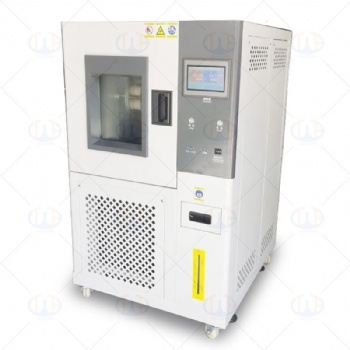
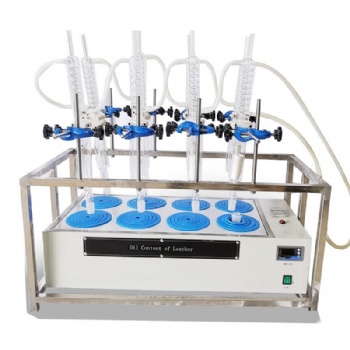
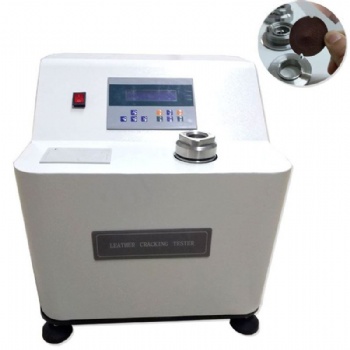
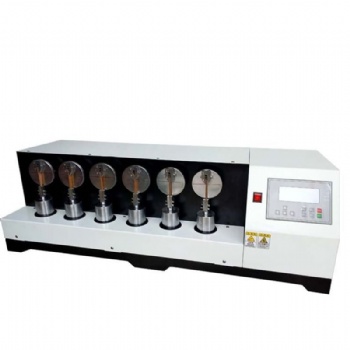
 售前客服
售前客服